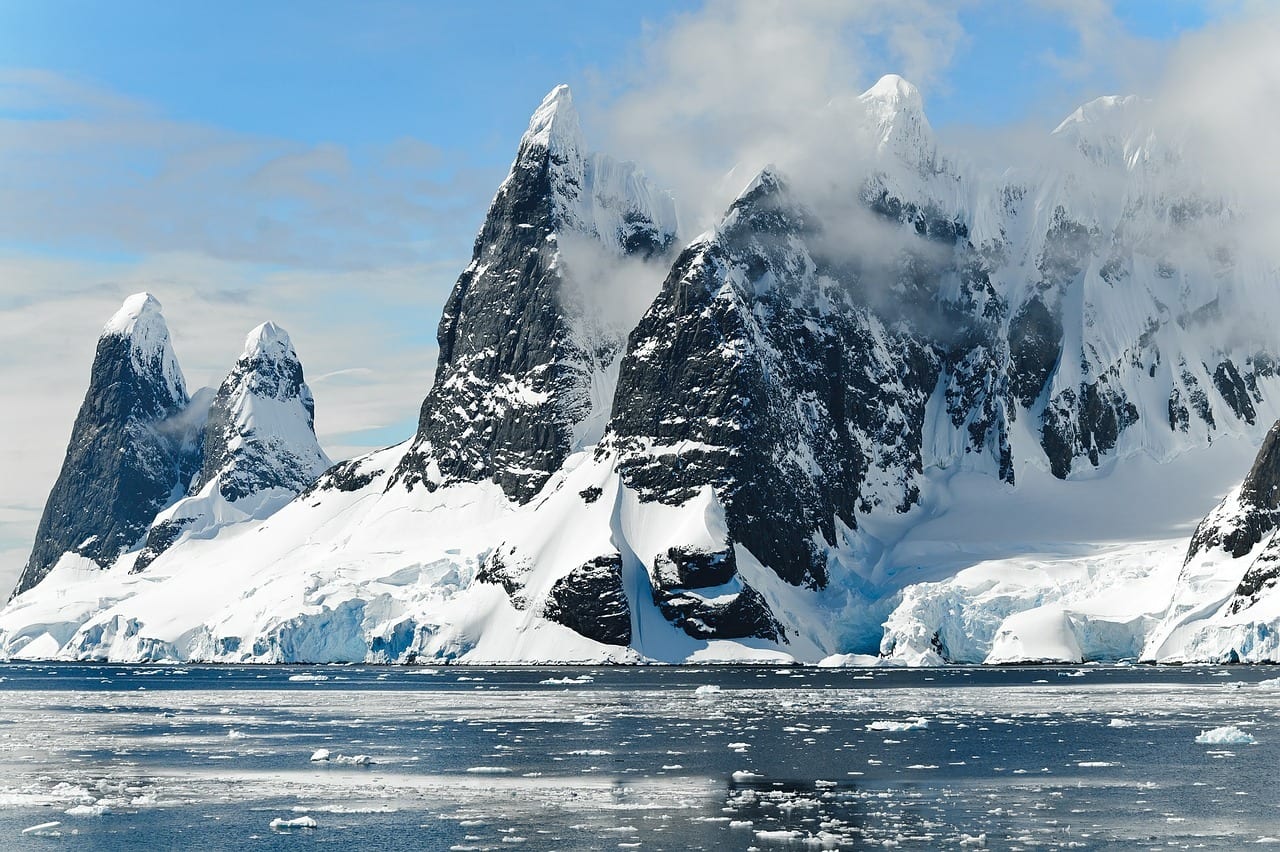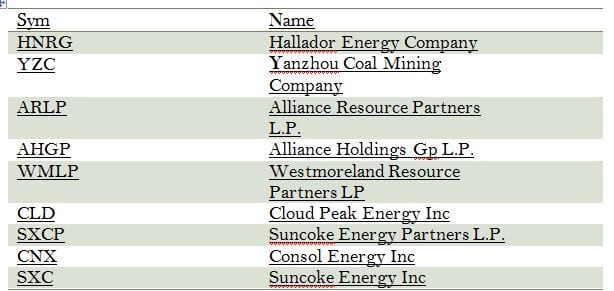
Is Global Warming Real? The Ongoing Controversy
Updated July 2023
“When one applies the principles of mass psychology, much like they do in financial markets, to analyze the issue of global warming, a disturbing pattern emerges. Excessive noise surrounding the issue, with the masses buying into it, raises a red flag.
Drawing from lessons in investing, we recognize that when something is forcefully pushed, especially when backed by corporations and governments, there’s often a hidden agenda. Governments prioritize their gain over the well-being of their citizens, solely focused on filling their pockets with wealth.
So, is global warming real? One argument is that 32,000 scientists have signed a petition denouncing the global warming narrative as baseless. If experts reject this hypothesis, it logically prompts a rational individual to do the same. The key players here are corporations and politicians. Politicians are often seen as nothing more than paid corporate puppets. Trusting them and corporations becomes a rare occurrence, usually when their words remain silent.
The videos below shed light on the depth of this deception and the extent to which shadowy figures will go to achieve their goals. Ultimately, their primary interests lie in money and power.”
According to This Video, Is the Media Lying?
Is Global Warming Real? Greenpeace Co-founder’s Scepticism
Global warming is a topic that has been widely debated, and there are indeed a variety of perspectives on the issue. One such view comes from Patrick Moore, a co-founder of Greenpeace, who has expressed scepticism about the extent of human influence on climate change.
Moore has argued that while climate change is a natural phenomenon that has been occurring for millions of years, the role of human activity in accelerating this change is not as significant as many believe. He points to geological records showing warming and cooling periods long before industrialization. Moore also questions the reliability of climate models to predict future warming, suggesting they may overestimate the impact of carbon dioxide and other greenhouse gases.
However, it’s important to note that Moore’s views do not represent the scientific consensus. The Intergovernmental Panel on Climate Change (IPCC), a body of thousands of scientists worldwide, has confidently stated that human activities have been the primary driver of global warming since the mid-20th century. They point to evidence such as rising atmospheric carbon dioxide levels, shrinking ice caps, and rising sea levels.
Moreover, Greenpeace has distanced itself from Moore’s views, stating that he plays no role in the current organization and his opinions do not reflect its stance on climate change. Greenpeace strongly advocates for urgent action to reduce greenhouse gas emissions and mitigate the impacts of climate change.
In conclusion, while there are differing views on the causes and impacts of global warming, the overwhelming majority of climate scientists agree that human activity significantly contributes to the current global warming trend. Considering the full breadth of scientific evidence and consensus is crucial when discussing this critical issue.
Doubt Unveiled: Examining the Arguments Against Modern Global Warming
Many scientists and researchers argue that global warming is not actually happening or is not primarily caused by human activities. Here are some key points they make:
– The earth’s climate has always gone through natural warming and cooling cycles. The Medieval Warm Period from 900-1300 AD saw temperatures as high or higher than today. These changes occur due to variations in the earth’s orbit, solar activity, ocean currents and volcanic eruptions. The current warming trend is within the natural variability.
– Carbon dioxide makes up only 0.04% of the atmosphere and only 3% of greenhouse gases. Water vapor is by far the most significant greenhouse gas. The climate impact of CO2 is vastly overstated. Doubling CO2 levels would only directly cause about 1°C of warming rather than the 3-5°C claimed by climate models.
– Climate models have consistently over-predicted warming compared to real-world observations. Models are unreliable and too sensitive to CO2 changes. They do not adequately account for clouds, solar activity and ocean cycles, which significantly impact the climate.
– No statistically significant global warming has existed since 1998 despite rising CO2. The claimed warming trend is merely the result of cherry-picked start and end points and manipulations of the temperature record.
– The temperatures measured by surface stations are unreliable due to poor maintenance, urban heat island effects, adjustments and dropping of rural stations. Adjustments to the raw data primarily fabricate the reported warming trend. Satellite measurements show no meaningful warming trend.
– Extreme weather is not getting worse, and cold/heat waves, hurricanes, floods or droughts are not more frequent or intense than the historical record shows. Real-world data do not support climate change fears.
– Concerns about melting glaciers, sea levels and Arctic sea ice are exaggerated. Antarctic ice is growing, and fears of massive sea level rise are unfounded. Greenland was warmer than today during the Medieval Warm Period.
In summary, many credible arguments exist that modern global warming is well within natural variability and not catastrophic. Significant doubt remains among reputable scientists over its causes and threats. While more research is needed, the case for climate alarmism based on CO2 appears quite weak.
Is Global Warming Real? Exploring a Balanced Perspective
While it’s true that Earth’s climate has changed naturally over millions of years, the current rate of global warming is unprecedented in human history. However, to present a balanced view, let’s discuss both perspectives.
Natural Climate Change:
1. Ice Age Cycles: Earth has gone through warming and cooling periods known as ice ages and interglacial periods. These are primarily driven by changes in Earth’s orbit and tilt, which affect the amount of sunlight reaching different parts of Earth’s surface.
2. Volcanic Activity: Large volcanic eruptions can significantly impact global climate, usually causing cooling by releasing large amounts of sulfur dioxide and ash that block sunlight.
3. Changes in Greenhouse Gas Concentrations: In Earth’s distant past, there were periods when greenhouse gas concentrations were higher than today, leading to warmer conditions. For example, during the Cambrian period (about 500 million years ago), CO2 levels were 10-15 times higher than today, and Earth was much warmer.
Current Climate Change:
1. Unprecedented Rate of Change: While natural factors can cause climate change, the current rate of warming is unprecedented. Studies show that the planet is warming about ten times faster than it would come out of an ice age.
2. Human Influence: The Intergovernmental Panel on Climate Change (IPCC) states that it’s highly likely that more than half of the observed increase in global average surface temperature since the mid-20th century is due to human influence.
3. Rising CO2 Levels: While CO2 levels have been higher in Earth’s past, the rapid increase in CO2 levels since the Industrial Revolution is a significant concern. The current CO2 level is the highest it’s been in 800,000 years, increasing 100 times faster than natural increases in the past.
In conclusion, while climate change has occurred naturally in the past, the current rate of change and the role of human activities are significant factors in the ongoing global warming. It’s important to understand that the natural occurrence of climate change in the past doesn’t negate the impact of human activities on today’s climate.
Strategies to Leverage the Global Warming Dilemma
Due to the concerted efforts to combat global warming, various sectors have faced significant challenges. Among these, the coal sector has borne the brunt of the impact. Despite the push for alternative energy sources, coal consumption is unlikely to decrease substantially, particularly as Asian countries continue to rely on coal due to its cost-effectiveness. Furthermore, modern coal plants are nearly as efficient as nuclear plants. Therefore, individuals with a contrarian approach might contemplate initiating positions in select stocks listed below.

Originally published on March 22, 2016, this content has undergone periodic updates over the years, with the most recent update completed in July 2023
Compelling Articles from Different Viewpoints

Copleston and Russell: Dialogue of Great Minds

IBM Stock Price Today NYSE: Finesse in Financial Movements

What Is the Velocity of Money Formula?

Investor Sentiment in the Stock Market: Riding the Right Wave

When is the Best Time to Visit Colombia? Uncover the Ideal Season

What Is Price to Sales Ratio in Stocks?: A Gem-Spotting Metric

What is Behavioral Psychology?: Secrets of Human Behavior

What’s a Contrarian?: Out-of-the-Box Thinkers and Action Takers

Mass Hysteria Examples in America: Let the Tales Unfold

What is Oleic Acid Good For: Unveiling Its Health Benefits

The Ultimate Guide to Finding the Best Time to Visit Colombia

Stock Market Crash History: Learn from the Past or Be Doomed

How to Invest When the Stock Market Crashes: Embrace the Fear, Buy the Opportunity

Third Wave Feminism is Toxic: Its Impact on America

A Crisis of Beliefs: Investor Psychology and Financial Fragility


